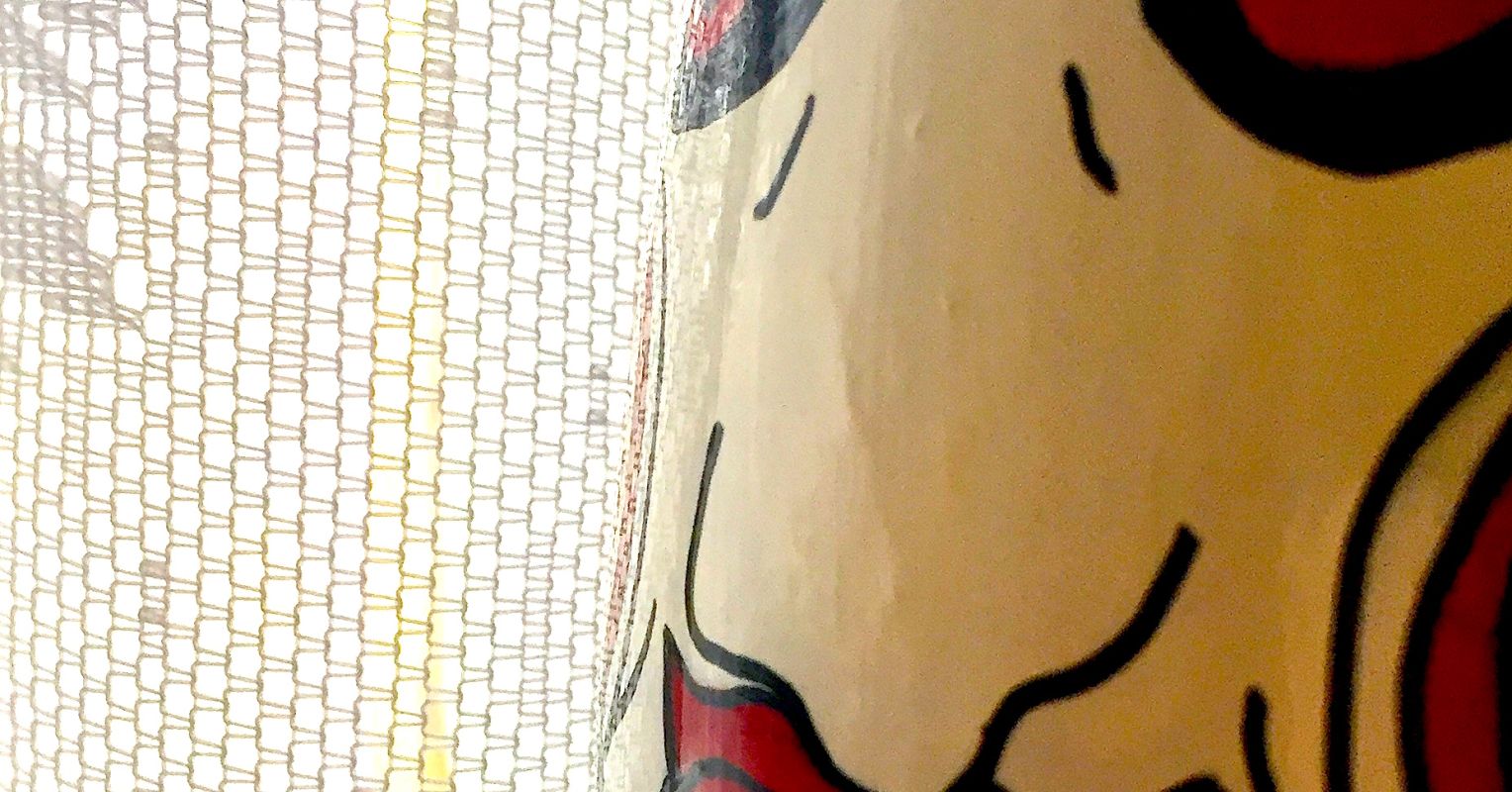Asian martial arts have long been practiced for defence and health benefits, in contrast to how they are typically viewed in the West where sport competition has dominated. Scientific research in martial arts has typically focused on health benefits for older adults and sport in younger participants. A recent study on Taekwondo training in younger adults in a university setting takes the opposite approach. Especially the focus was on a key challenge seen on campuses around the world–mental health and well-being students.
Kicking and punching on campus
Somang Yun, Zhaohui Guo, Shufan Li, Shuqi Jia, Cong Liu, Xi Wang, Xing Wang, and Haiyan Wen from Shanghai University in China point out that depression is a major concern in university students and that “inhibitory control dysfunctions strongly contribute to functional impairments”. Despite that, little research has been conducted. Also, given the documented benefits of martial arts training as mindful practices on overall physical and mental health, they wanted to know if a brief period (8 weeks) of Taekwondo training could modulate depressive symptoms in young adult university students.
In their study published in BMC Psychiatry, forty one students (average age ~20 y; about 2/3 of whom were women) with depressive symptoms were randomly placed into the experimental (Tae Kwon Do) or control groups. Taekwondo training consisted of 30 minutes of “moderate intensity” training 3 times each week for 8 weeks. Before and after training the Beck Depression Inventory was used to assess mental health status and EEG event related potentials were measured during a “Go/NoGo” task as an estimate of inhibitory control.
Taekwondo helps give depression a kick
These researchers found that “the 8-week Taekwondo exercise intervention significantly improved depressive symptoms in the exercise group”. For the EEG data and behavioral task, those in the Tae Kwon Do group showed improved performance in accuracy and modulation of amplitudes and latency of event related potentials.
This research shows that “regular moderate-intensity Taekwondo exercise can effectively improve response inhibition in university students with depressive symptoms, along with improvements in depressive symptoms” and that changes in EEG measures “may represent the cognitive neural processing mechanism through which Taekwondo enhances response inhibition in students with depressive symptoms.”
Movement is always good for your brain
For additional context and commentary, I reached out to Dr Drea Letamendi, Director of UCLA Compassionate Response (CORE), Counseling and Psychological Services (CAPS). Dr Letamendi said that this study is compelling for the campus student life experience because “routine exercise sometimes feels like the last thing a client would want to do when depressed (due to a number of symptoms such as fatigue, low energy, low self-worth, understimulation/boredom, and chronic pain), reframing physical activity can often increase their motivation and commitment. Walking, cycling, and running are all proven effective physical interventions for depression, but sometimes clients feel undermotivated and less accountable with those tasks.”
Dr. Letamendi further explains that “skills-based, competitive, group training may offer additional benefits to persons with mood disorders. Martial arts are particularly effective as a collection of well-being practices due to the primary goals of targeting self-control, self-improvement, mental focus, technical mastery, and mindfulness. Regular training, learning, and sparring with others may also add social elements to the activity, which can reduce loneliness, purposelessness, and thwarted belongingness.”
This study adds to the rapidly accumulating evidence that physical activity generally and martial arts training specifically can help modulate depression and improve mental health status across the lifespan. While not tracked in this study, in my own martial arts teaching experience an 8 week training interval is usually long enough for participants to gain some skill and self confidence. Increasing confidence in physical capacity can certainly be beneficial for all and especially when self-efficacy is compromised in depression. Traditional martial arts training can have many benefits, with few downsides, leading to improved holistic well-being.
(c) E. Paul Zehr




